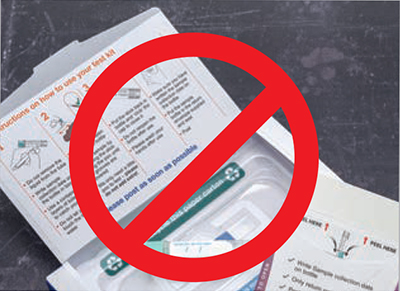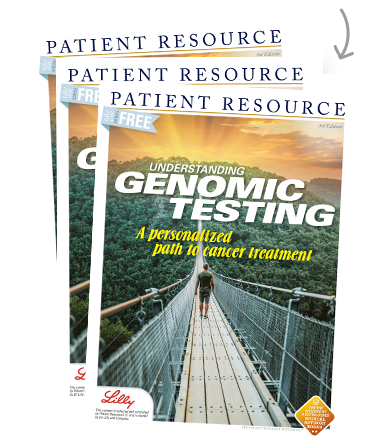Understanding the Genetics and Genomics of Cancer
Genetic Testing
Genetic testing, unlike genomic testing, is used to determine whether a person has inherited a gene that increases their risk for developing certain types of cancer. It may be performed before or after receiving a cancer diagnosis. If your family history involves a particular type of cancer, you may consider genetic testing to find out whether you carry the corresponding risk gene.
Certain risk factors may indicate that you have inherited an abnormal gene, but having one or more of them does not necessarily mean you will develop cancer. It does, however, offer valuable information that you can discuss with your doctor. Together, you can explore ways to lower your risk through lifestyle changes, frequent screenings, medication, and, in some cases, preventive surgery. Preventing or detecting a cancer early offers the best chance of a successful treatment outcome.
Some risk factors include the following:
- Family history of cancer, cancer at an early age, rare or multiple cancers in one relative
- Cancers in your family that are linked to a single gene mutation
- A family member who has had genetic testing revealing a mutation that can be passed to children
- A particular race or ancestry, such as Ashkenazi Jewish heritage, linked to a higher risk of gene mutations
The Guidance of a Genetic Counselor
If you choose to have genetic testing, ask for a referral to a genetic counselor, either on staff or elsewhere. The genetic counselor will discuss your medical history and cancer screening history, your family’s cancer history, the possibility of an inherited cancer risk, the benefits and limitations of genetic testing, and current laws regarding the privacy of genetic information. The counselor can also help find out whether your health insurance will pay for the cost of the test.
Your counselor can help you understand the often-complicated results and what they mean for you, and for your family members and their future health. Family members may also be offered genetic testing if a mutation is found.

Avoid home-based kits for cancer answers
Although you may feel a sense of urgency and want to know “right away” if you may have cancer, using this type of genetic test without your doctor’s involvement is not recommended for many reasons:
- The sensitivity of these tests is unknown compared to those used by doctors.
- The tests may not screen for all the possible genes and mutations for a particular cancer.
- The tests do not offer information on your overall risk for developing cancer.
- You would not have the benefit of using a special laboratory used by doctors, which is regulated to meet standards for accuracy and reliability.



